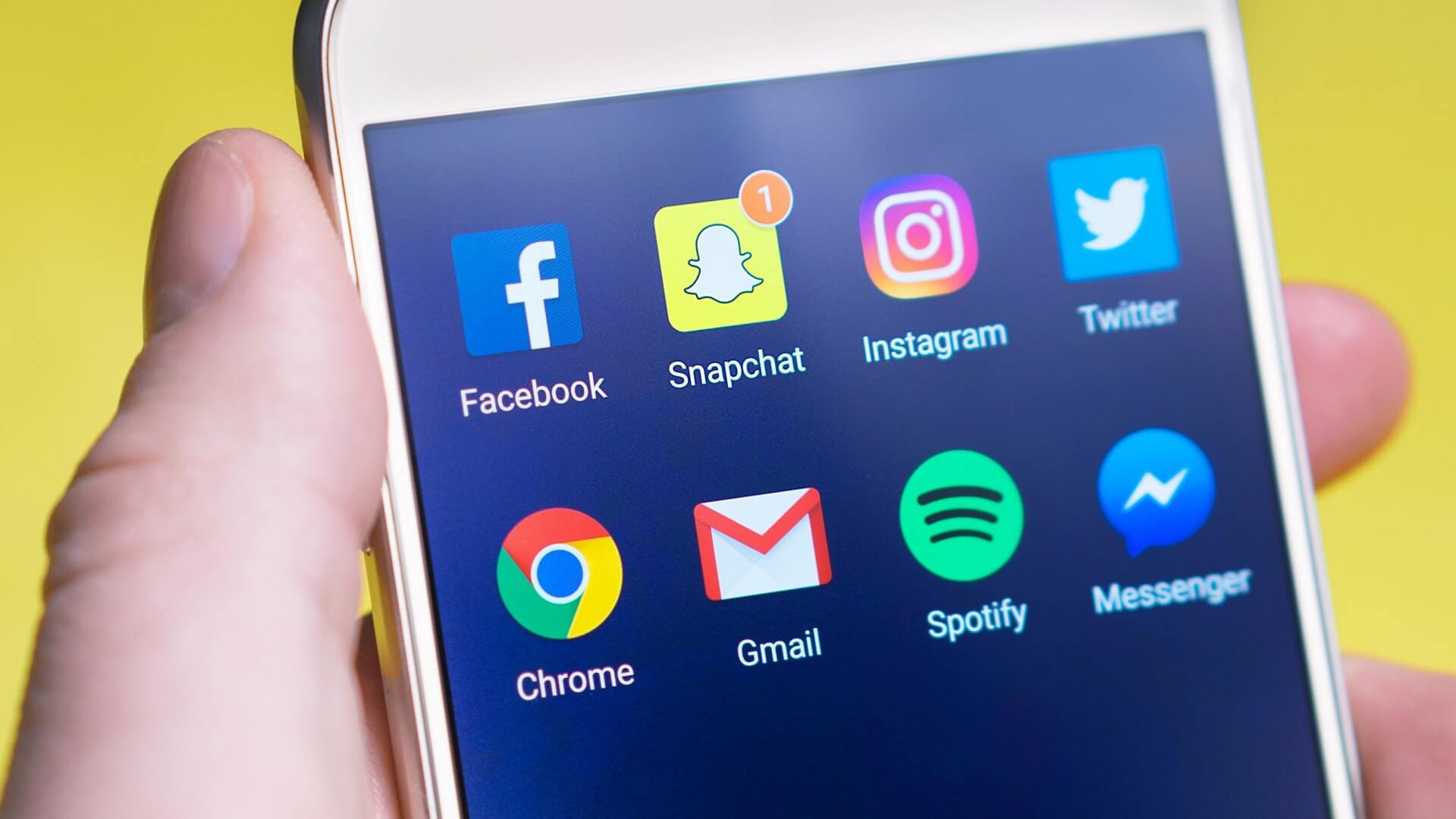But only when platforms facilitate ‘genuinely social’ interaction
Time spent on social media can have a positive effect on your psychological well-being, researchers at the University of Oxford’s Saïd Business School have found.
But that is only the case when the platforms are used to facilitate genuine social interactions, such as engaging with close friends and family.
Using social media platforms in ways that did not facilitate genuinely social interactions were found to neither help nor hurt psychological wellbeing. So, following influencers or brands on apps like Instagram or consuming news on Twitter does not appear to make us any happier, the findings suggest.
The results are the preliminary findings of a multi-year research project that involved nearly 2,000 adult internet users, mainly in the US and UK. Unlike some prior research on social media, this study considered the impact on overall psychological wellbeing, which is a key factor in determining a person’s general level of happiness, rather than focusing on a narrow component of wellbeing such as self-esteem.
These findings are timely for anyone currently practicing “social distancing,” as it reminds us that using social media and messaging to stay in touch with those we are truly socially connected to could play a role in combating the uncertainty and anxiety many people are currently grappling with. However, it’s important to note that this research was conducted before the covid-19 pandemic and the researchers thus do not know what the impact of the lockdown may be on the relationship between social media and wellbeing. A new study will be launched in the coming weeks to address this question directly.
Professor Andrew Stephen, L’Oréal Professor of Marketing and Associate Dean of Research at Saïd Business School said: “We found that a truly social use of social media has a detectable, albeit small, positive effect on a person’s psychological wellbeing, whereas merely following influencers, brands or other non-social entities had no effect.”

